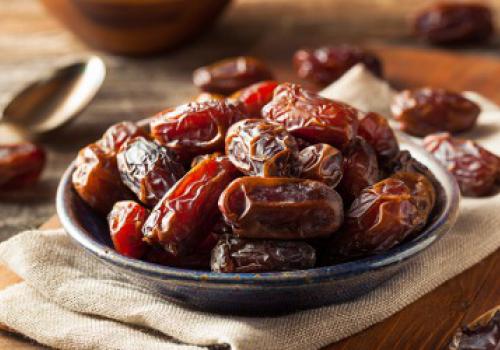In Algeria’s Biskra province, small-scale growers are increasingly battling to cultivate and protect their precious crops. Biskra is a gathering of oases in the north-east of the Algerian Sahara Desert. The locals there live by the motto ‘give to the date palm and she will return the favour’.
More than 200 000 tons of dates were shipped out of Algeria in 2019, amounting to exports worth over $50 million. They are the country’s second most profitable commodity after the oil and natural gas exports.
For Khoualed, and tens of thousands like him, life revolves around the date palm. The queen of the date palm is the deglet nour, a cultivar with nan elongated, fleshy, velvety fruit that is almost too sweet for consumption. With its delicious taste and versatile use, the divinity of the fruit is never called into question.
Temperatures rise while rain stays away
Assuring the production of a high-quality fruit is increasingly challenging owing to changing precipitation patterns. According to several date growers, the rainfall in 2020 has been less than previous years. As a result, some small-scale growers have used pesticides to repel spiders and parasites that otherwise would have been washed away by the rain.
According to the Copernicus Climate Change Service, 2019 was the hottest calendar year since 1981. Algerian institutions working in the fields of climatology and climate change corroborated that information, saying July 2019 was especially hot across the country. “It was between 0.2 and 3.3°C warmer than normal average temperatures in all but one province,” reported the National Centre of Climatology.
